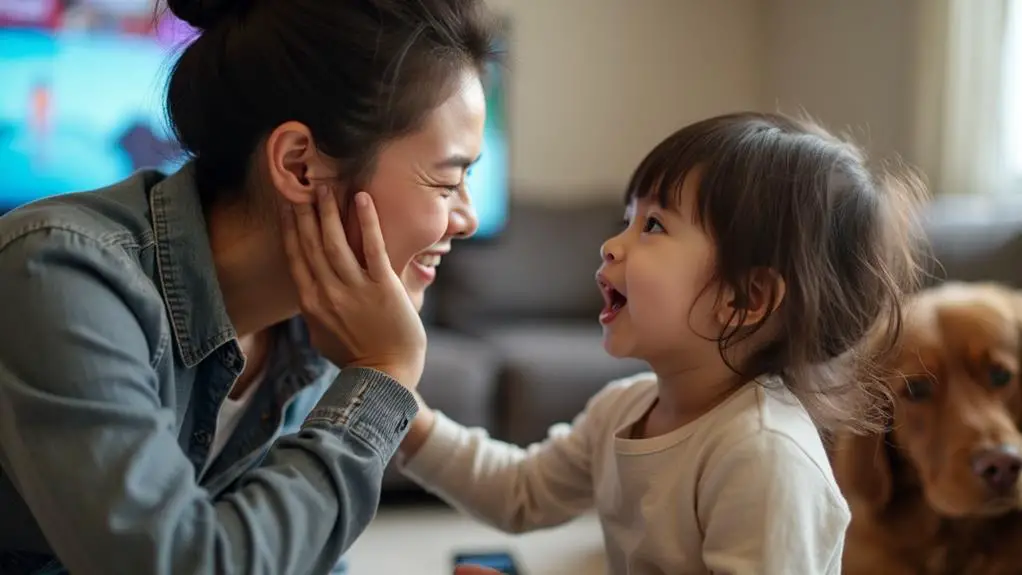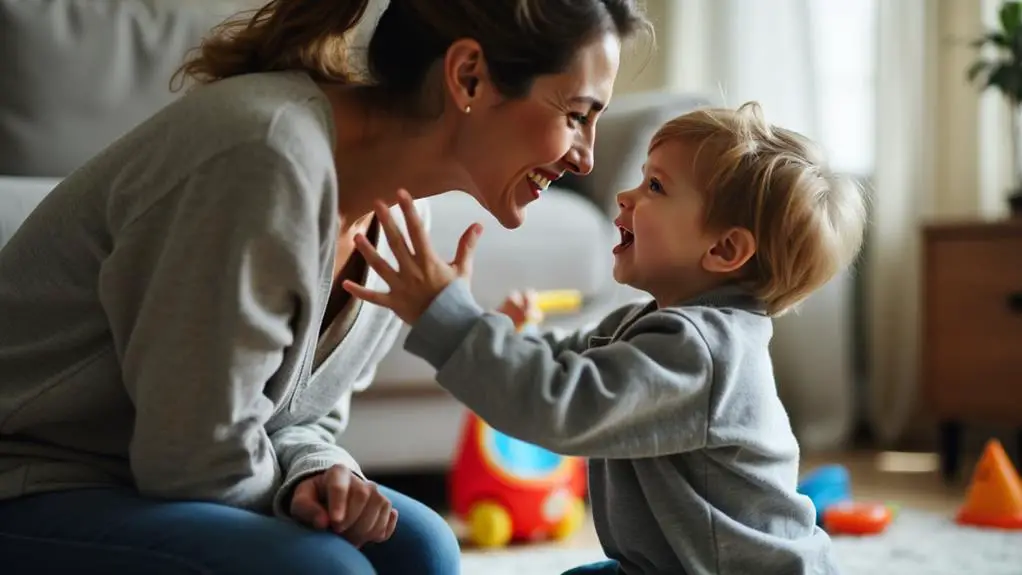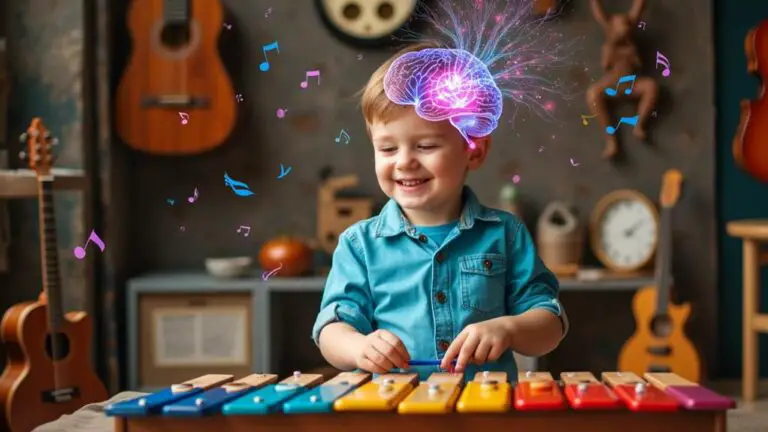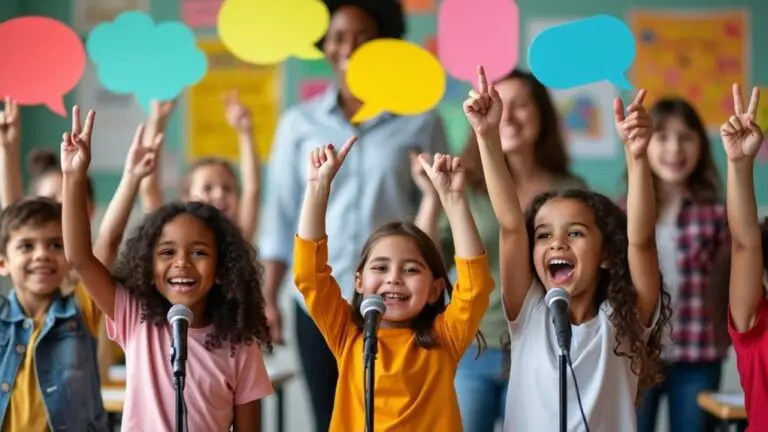The Importance of Active Listening in Parenting
As a parent, I've come to realize that active listening is one of the most powerful tools in my parenting arsenal. It's not just about hearing the words my children say; it's about truly understanding their thoughts, feelings, and experiences. I've seen firsthand how this simple act can transform my relationship with my kids, boosting their confidence and fostering open communication. But it's not always easy to practice, especially in our fast-paced world filled with distractions. So how can we, as parents, overcome these challenges and master the art of active listening? The answer lies in some surprisingly simple techniques that can make a world of difference.
Key Takeaways
- Active listening fosters emotional intelligence in children, helping them identify and express their feelings effectively.
- It builds children's self-esteem by making them feel heard and valued in their interactions with parents.
- Practicing active listening reduces behavioral issues by providing a safe space for children to express themselves.
- It enhances problem-solving abilities in children by encouraging them to consider different perspectives.
- Active listening develops crucial communication skills that benefit children in future relationships and interactions.
Understanding Active Listening
Active listening's core lies in being fully present and engaged when communicating with your child. It's about creating a judgment-free space where they can express their thoughts and emotions freely.
As I practice active listening, I'm not just hearing words; I'm understanding the feelings behind them. This approach helps my child feel heard and validated, fostering emotional security and trust in our relationship.
I've found that paraphrasing and summarizing what my child says demonstrates my understanding and reflects their emotions back to them. This reinforces their sense of being heard and encourages clearer thinking.
Benefits for Child Development
A child's growth blossoms under the nurturing sun of active listening.
When I practice this skill with my child, I'm fostering their emotional intelligence, helping them identify and express their feelings. This builds their self-esteem and confidence, as they feel truly heard and valued.
I've noticed that active listening enhances my child's problem-solving abilities, teaching them to evaluate different perspectives. It's remarkable how this simple practice reduces behavioral issues by providing a safe space for them to express frustrations.
Perhaps most importantly, I'm witnessing the development of vital communication skills. As my child learns to articulate thoughts clearly and listen effectively, they're preparing for successful interactions in various contexts.
Active listening is truly a cornerstone of healthy child development, laying the foundation for emotional and social growth.
Overcoming Listening Challenges

Four major obstacles often stand in the way of effective active listening with our children.
Personal agendas, emotional entanglement, societal quick-fix tendencies, and our own strong reactions can hinder our ability to truly hear and validate our child's feelings.
To overcome these challenges, I've found it essential to:
- Separate my emotions from my child's experiences
- Resist the urge for immediate solutions
- Recognize underlying emotional triggers
Practicing Effective Communication Techniques
Having identified common listening obstacles, let's now explore specific techniques to enhance our communication with children.
When I practice active listening, I make sure to engage at my child's eye level and maintain open body language. This fosters a connection that encourages them to express themselves freely.
I pay attention to their words and use paraphrasing techniques to confirm understanding. By asking open-ended questions, I promote deeper dialogue, allowing my child to explore their thoughts and feelings thoroughly.
I reflect on their emotions, validating their experiences and enhancing emotional security. Patience is essential; I resist the urge to interrupt or immediately offer solutions.
This creates a safe environment for my child to share without fear of judgment. These techniques help me communicate to my child that their feelings are valued and heard.
Conclusion
I've seen firsthand how active listening transforms parent-child relationships. It's not always easy, but the benefits are immeasurable. By giving our children our full attention, we're building trust, boosting their confidence, and teaching them valuable communication skills. I encourage all parents to embrace active listening – it's a powerful tool that'll strengthen your bond and support your child's emotional growth. Remember, it's not just about hearing; it's about understanding and connecting.







